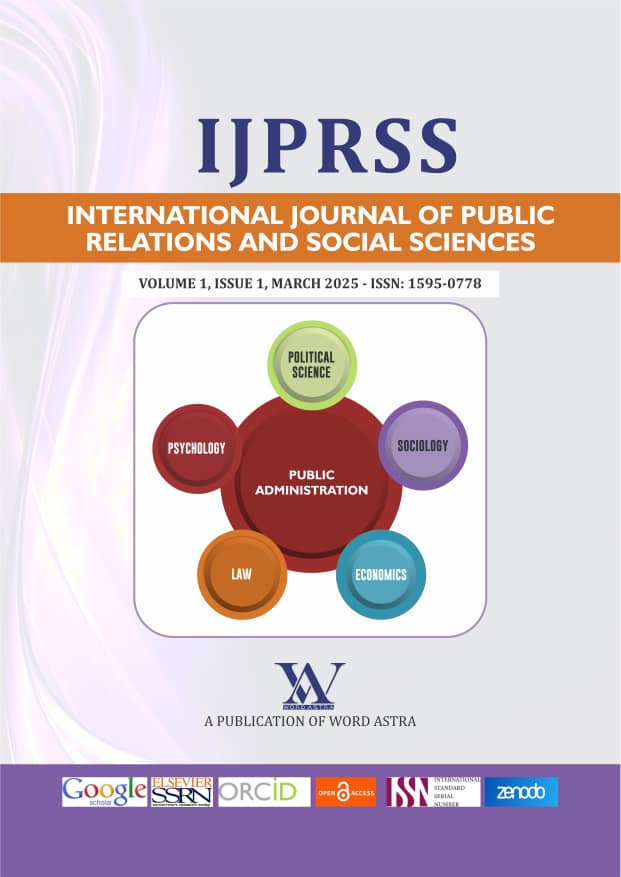
Value Added Tax (Vat) Implementation in Nigeria: Issues and Prospects
ABSTRACT Value Added Tax (VAT) serves as a major source of revenue for the Nigerian government, which significantly contributes to economic growth and public budget sustainability. However, VAT implementation in Nigeria has been fraught with several issues, including administrative inefficiencies, non-compliance, dual taxation, and resistance from stakeholders. This article critically explores the implementation of VAT in Nigeria by identifying the difficulties hampering its efficiency and exploring potential opportunities for boosting VAT collection and administration. Using secondary data sources and policy research, the paper gives insights into how VAT might be exploited for enhanced fiscal sustainability. The analysis from 2018 to 2023 demonstrates large changes across different tax categories. The data reveals major patterns, including periods of decline and recovery, which provide insights into the effectiveness of tax policy and economic conditions influencing revenue generation. A decreasing trend began in 2020, likely due to the economic impact of the COVID-19 pandemic. The pandemic led to diminished commercial operations, impacting corporate profitability and, consequently, tax contributions. Besides, the median VAT income numbers for both Non-Import VAT (₦430.27 billion) and NCS-Import VAT (₦126.80 billion) reflect unpredictability in quarterly collections. This shows seasonality in VAT performance, probably connected to economic cycles, consumer demand, and trade activity. However, the combination of reduced corporation tax rates, phased VAT increments, and streamlined withholding tax procedures as proposed in the 2024 tax reform is projected to provide a more predictable and stable tax climate.
Download Article


